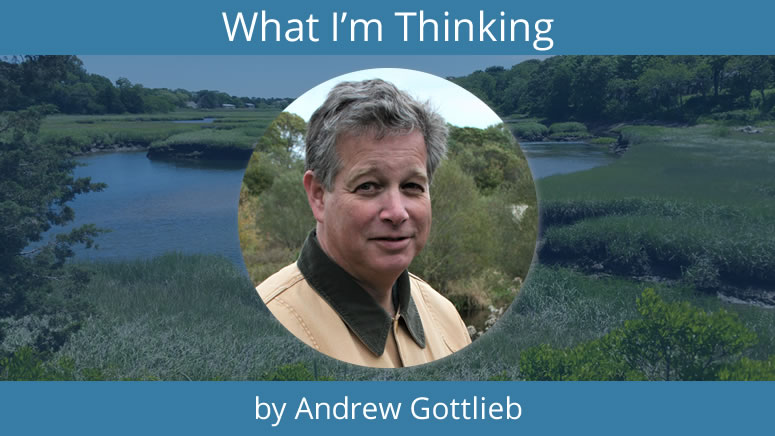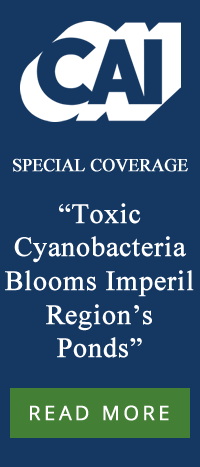Every year around this time they arrive. It is a spring ritual and a harbinger of the summer ahead. Perhaps you might think I am referring to the annual return of river herring or osprey. I could have hummingbirds in mind or even striped bass. Nope, not this time. I am talking about annual flood of marketing materials promoting lawn care and caterpillar spraying practices that promote a form of a model yard, but which really degrade and diminish the environment of Cape Cod.
According to the law care industry, the only way to have a healthy yard is for it to be pristine non-native turf grass chemically enhanced to grow lush and green and devoid of any other life forms, be they plant or animal. This myth of the chemically enhanced lawn as healthy is one of the great annual frauds perpetrated on the American consumer. Green turf lawns don’t want to be on Cape Cod. Ours soils don’t support turf grass, so to meet the suburban standards for lawns, yours has to become a chemically dependent junkie surviving on the next fix of fertilizer, herbicide, pesticide and copious volumes of drinking water.
The result of this widespread chemical dosing yard by yard is poor water quality and the extermination of the food sources relied upon by birds, especially those rearing young who rely on the caterpillars these chemicals target for death. Starved of their food source, many baby birds never make it out of the nest.
It simply does not need to be this way. Today you can resolve to change practices in your yard to restore balance to the natural environment. Stop doing harm by saying no to chemicals in your yard. From there, you can start making things better by changing your landscape over to one that works in harmony with nature. One path forward can be found in APCC’s publication, Guidelines for Cape-friendly Landscapes, but there are a myriad of ways to make your yard a haven for varied forms of life and not a sterile graveyard. Start by letting the landscaper know that you are not spraying or fertilizing any more.


